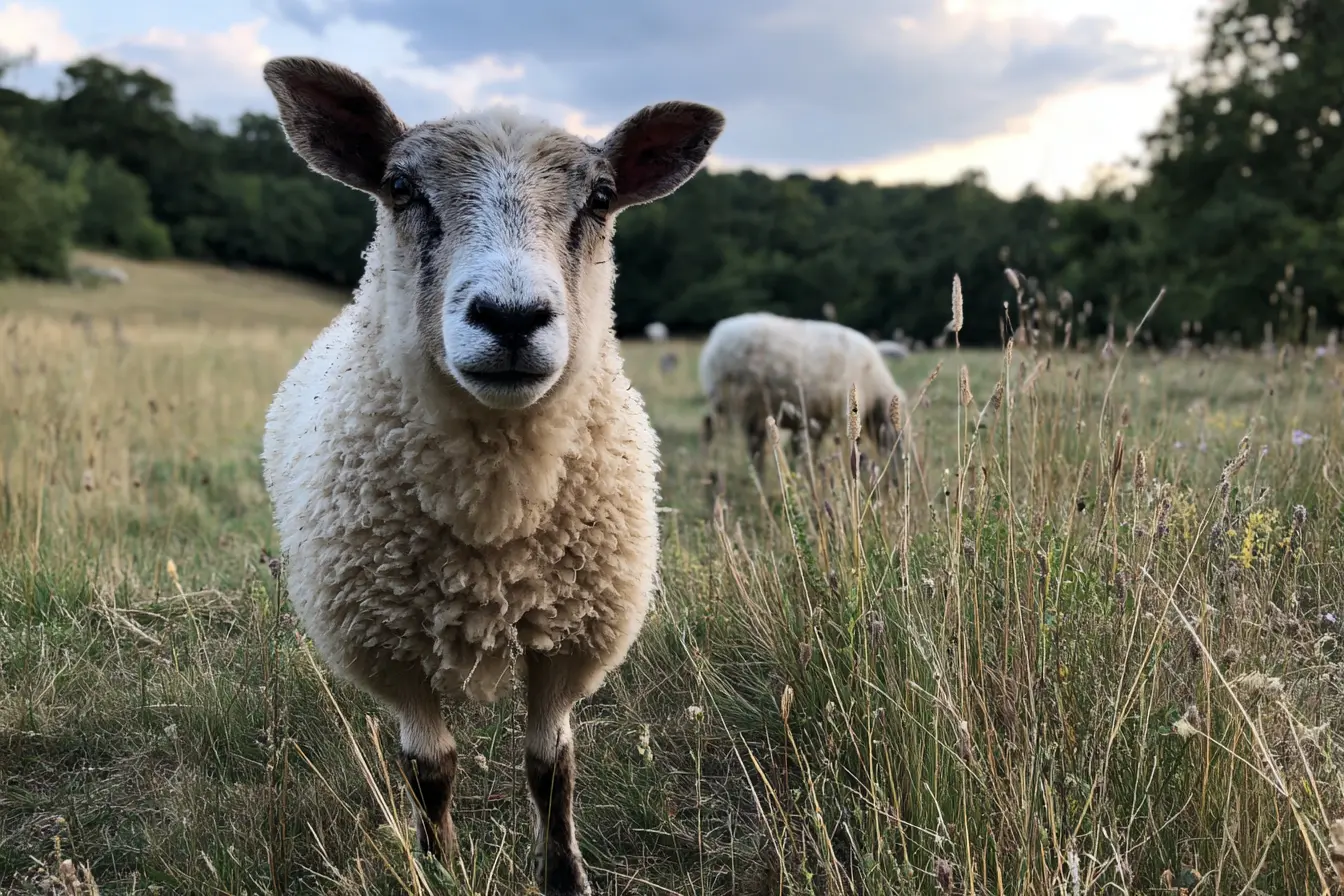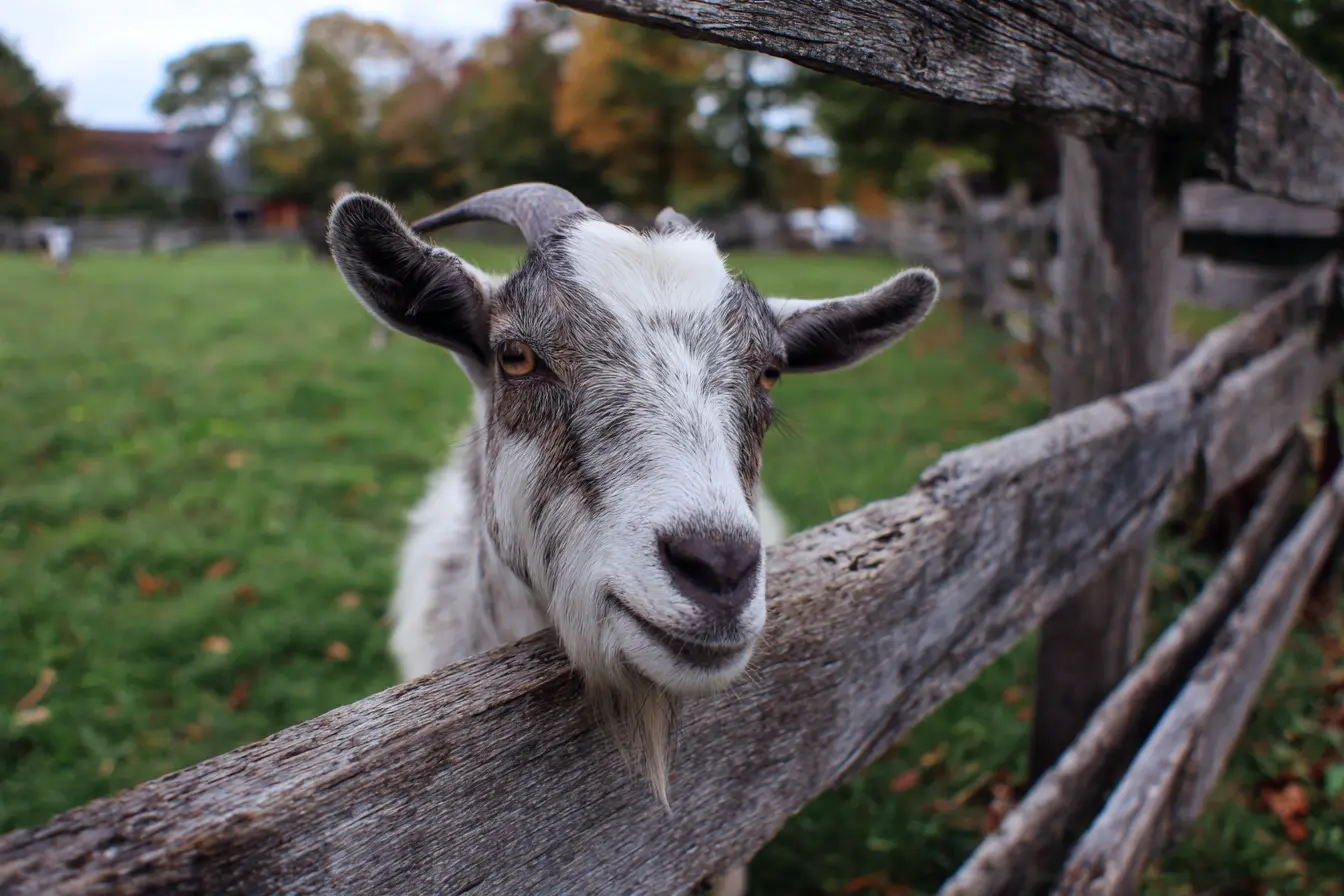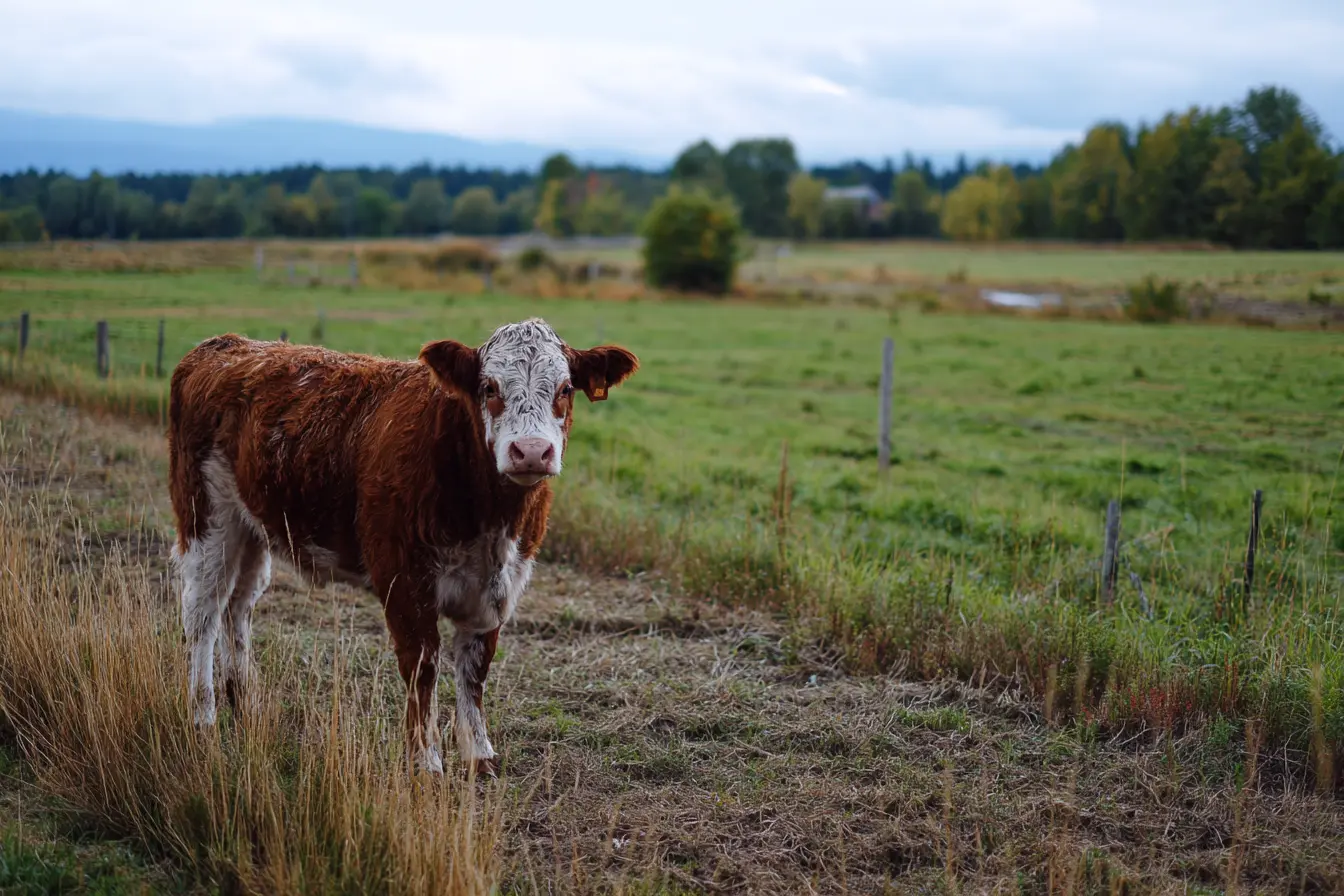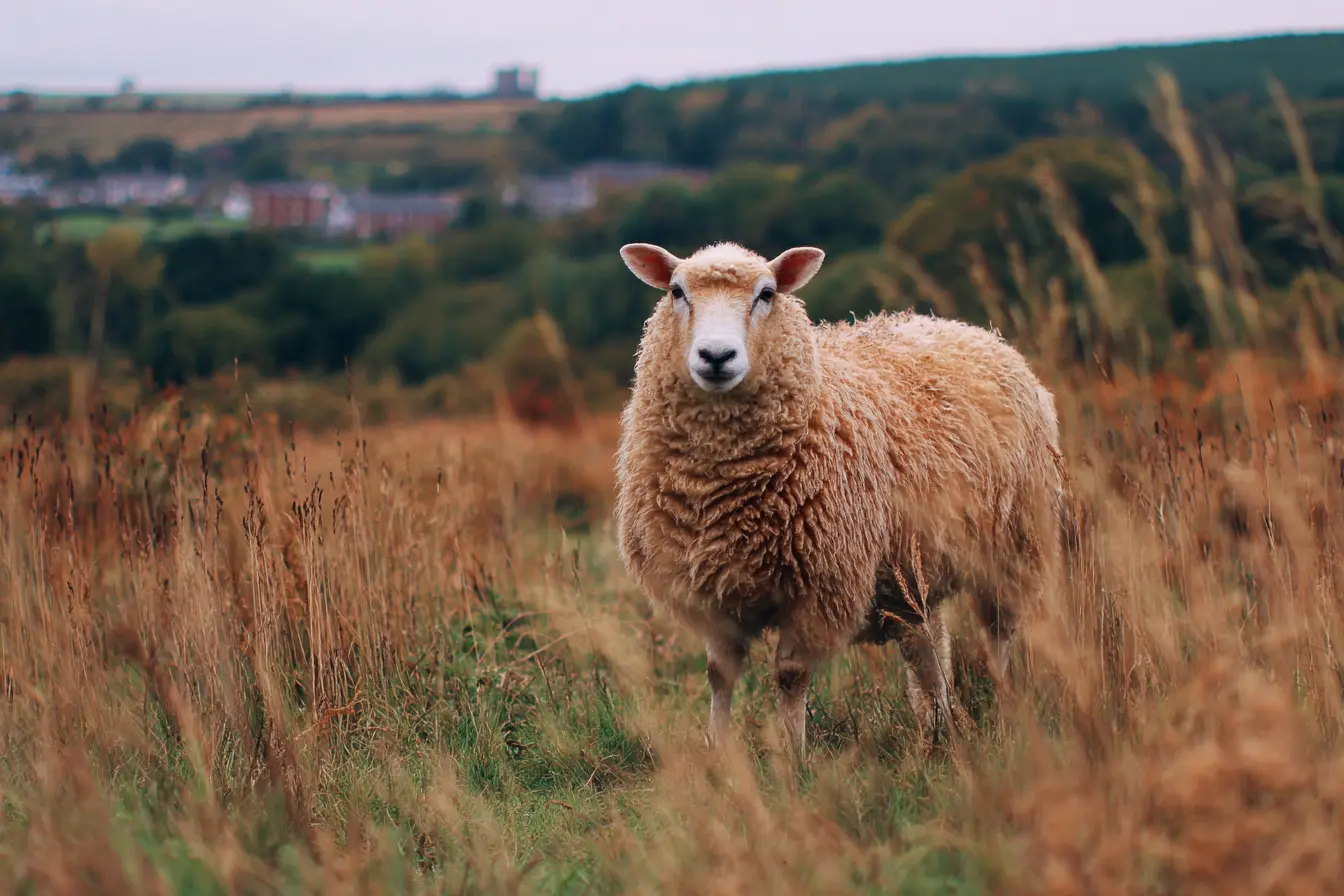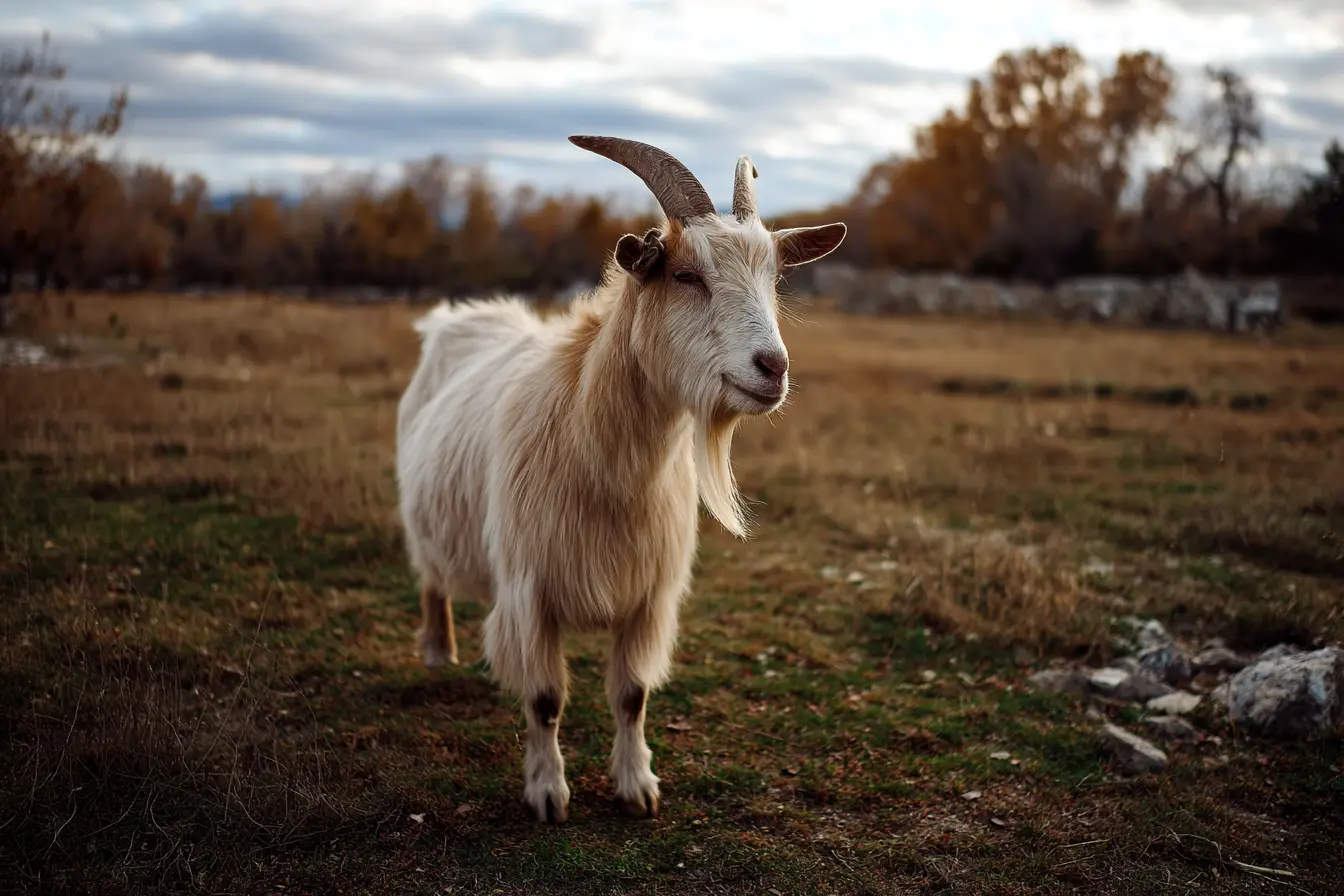
The Dangers of Sudden Dietary Change in Goats And How to Prevent Problems
Goats are hardy, adaptable animals, but their digestive systems are highly sensitive to change. Sudden alterations in diet can cause a range of health issues, some of which may be fatal. For goat keepers in the UK, where feed availability shifts with the seasons, understanding the risks of abrupt dietary changes is vital for maintaining healthy, productive herds.
This guide explains why sudden dietary change is dangerous, the conditions it can cause, and how to prevent problems through careful feeding management.
Why Sudden Dietary Change is Dangerous for Goats
Goats are ruminants, meaning they rely on a specialised digestive system that ferments food in the rumen with the help of microbes. These microbes are adapted to break down the diet the goat is accustomed to.
When feed is changed too quickly, the rumen microbes do not have time to adjust, leading to:
- Imbalances in fermentation.
- Excessive gas production.
- Acid build-up.
- Shifts in bacterial populations that can produce harmful toxins.
The result can be digestive upset, metabolic disorders, and even death.
Common Problems Caused by Sudden Dietary Change
Bloat
- Caused by rapid fermentation and gas build-up in the rumen.
- More common when goats move suddenly onto lush, wet pasture or high-legume forage.
- Symptoms include abdominal distension, discomfort, restlessness, and difficulty breathing.
- Severe cases can be fatal if not treated quickly.
Acidosis
- Occurs when goats consume large amounts of carbohydrate-rich feed (such as cereals) suddenly.
- Excess starch leads to lactic acid build-up in the rumen.
- Symptoms include loss of appetite, diarrhoea, depression, staggering, and in severe cases, death.
- Chronic acidosis can lead to laminitis (inflammation of the hooves).
Pulpy Kidney Disease (Enterotoxaemia)
- Triggered by sudden dietary change that encourages rapid growth of Clostridium perfringens type D in the gut.
- Produces deadly toxins that cause sudden death, particularly in well-fed kids.
- Prevented by vaccination and careful diet management.
Diarrhoea and Digestive Upset
- Common when goats are switched too quickly between forage types (e.g. hay to fresh pasture).
- Results from microbial imbalance in the rumen.
- Can lead to dehydration, weight loss, and reduced productivity.
Reduced Fibre Digestion
- Sudden switch to rich feeds reduces the population of fibre-digesting microbes.
- Fibre breakdown slows, affecting overall digestion.
- Leads to poor utilisation of roughage and nutritional imbalance.
Situations Where Sudden Dietary Change is a Risk
- Moving goats from winter hay feeding to lush spring pasture.
- Introducing goats suddenly to high-concentrate rations (grain, pellets).
- Shifting from dry forage to silage or vice versa.
- Allowing goats unrestricted access to fallen fruit, vegetables, or garden waste.
- Feeding large amounts of treats without gradual introduction.
- Moving goats onto different types of browse or forage without adjustment time.
How to Prevent Problems
Gradual Transition
- Introduce new feeds slowly over 7–14 days.
- Start with small amounts of the new feed, mixed with the existing diet.
- Increase gradually until the new feed makes up the intended proportion.
Monitor Pasture Access
- Introduce goats to lush spring grass for short periods at first.
- Increase grazing time gradually over one to two weeks.
- Provide hay alongside pasture to balance fibre intake.
Control Concentrates
- Never give large amounts of grain or concentrates suddenly.
- Introduce slowly and feed in small, regular meals.
- Avoid giving more than 0.5 kg of concentrates per adult goat per meal.
Provide Constant Fibre
- Always ensure goats have access to roughage (hay or browse).
- Fibre supports healthy rumen function and prevents acidosis.
- Long-stemmed forage is especially important.
Maintain Consistency
- Feed at the same times each day to avoid sudden intake fluctuations.
- Avoid sudden breaks in feeding followed by overeating.
- Make changes in housing or pasture gradually to prevent stress-related digestive upset.
Vaccination
- Vaccinate against clostridial diseases, including pulpy kidney disease.
- Follow up with annual boosters and ensure kids receive protection through colostrum or early vaccination.
Monitor Goats Closely
- Watch for early signs of digestive upset (loss of appetite, bloating, diarrhoea, changes in behaviour).
- Separate affected goats for closer observation.
- Seek veterinary advice promptly if serious symptoms develop.
Economic and Welfare Impact
- Sudden dietary change can cause deaths, leading to significant financial losses.
- Surviving goats may suffer reduced growth, milk production, or fibre quality.
- Veterinary costs increase with preventable digestive illnesses.
- Welfare is compromised, as affected goats experience pain and discomfort.
Conclusion
Sudden dietary changes pose a serious risk to goat health, causing conditions ranging from digestive upset to life-threatening diseases like acidosis and pulpy kidney. Fortunately, these risks are easily avoided with careful management.
By introducing new feeds gradually, maintaining consistent routines, ensuring access to fibre, and vaccinating against clostridial diseases, goat keepers can protect their herds from the dangers of abrupt dietary shifts.
A little patience and planning in feed management go a long way in safeguarding the health, welfare, and productivity of your goats.
Vets near you
Speciality vets
- Aquatics vet specialists
- Birds vet specialists
- Camelids vet specialists
- Cats vet specialists
- Cattle vet specialists
- Deer vet specialists
- Dogs vet specialists
- Equines vet specialists
- Exotic vet specialists
- Goats vet specialists
- Pigs vet specialists
- Poultry vet specialists
- Sheep vet specialists
- Small Mammals vet specialists
- Wild vet specialists
Vet facilities
- Accessible by public transport
- Blood testing
- Car park nearby
- Client car park
- Dentistry
- Diagnostic imaging
- Disabled public access
- Flea and worm treatments
- Microchipping
- Mobile services
- Neutering
- Open at weekends
- Out-of-hours service
- Referral interests
- Referrals only
- Street parking outside
- Toilets available
- Vaccinations
